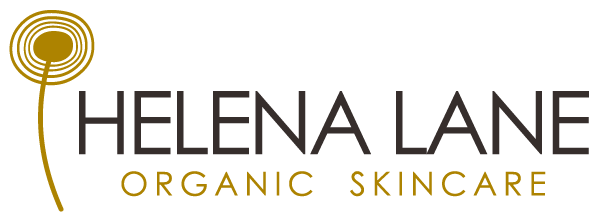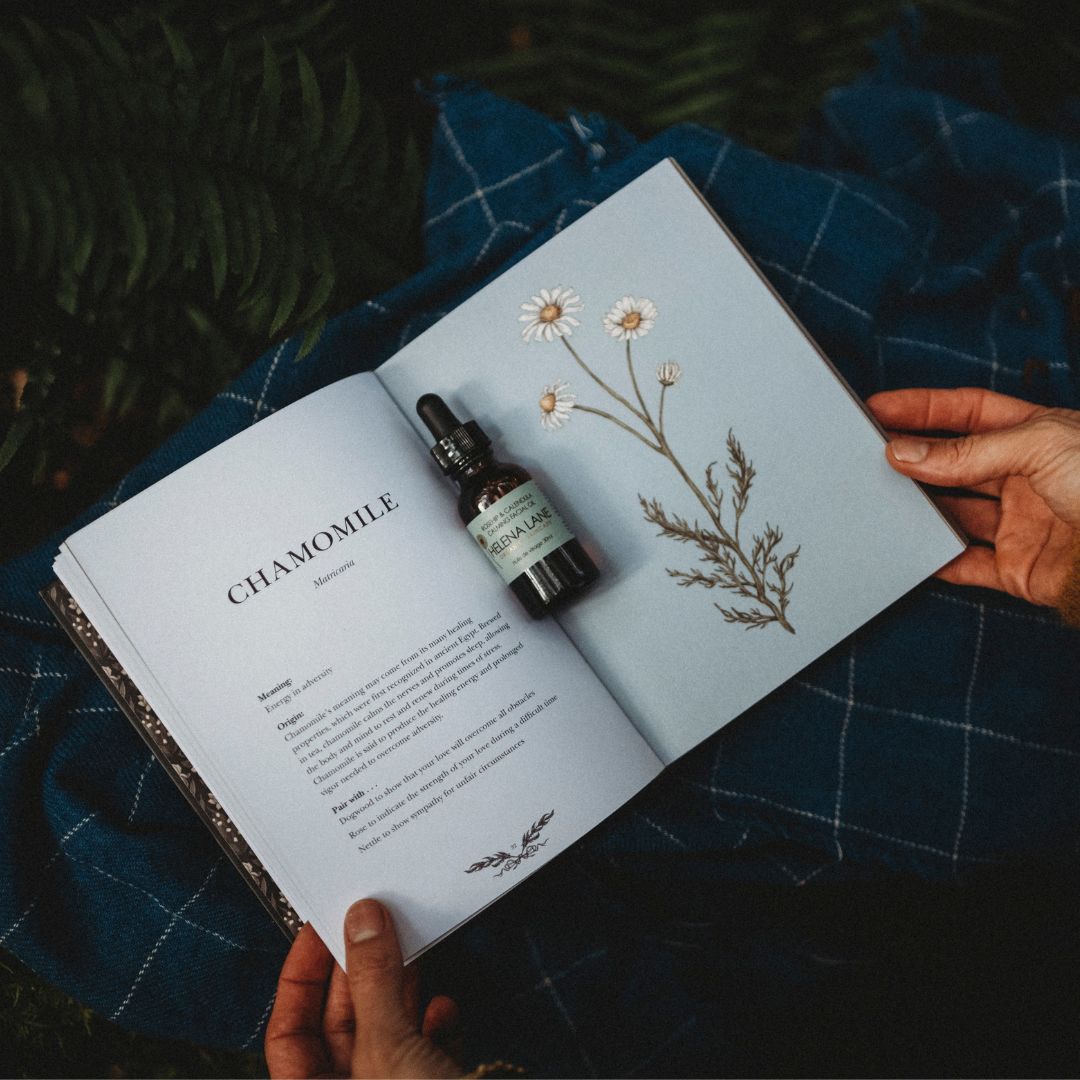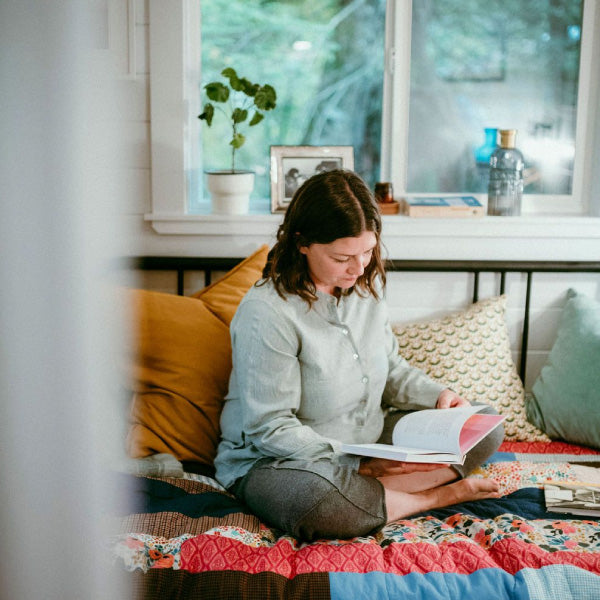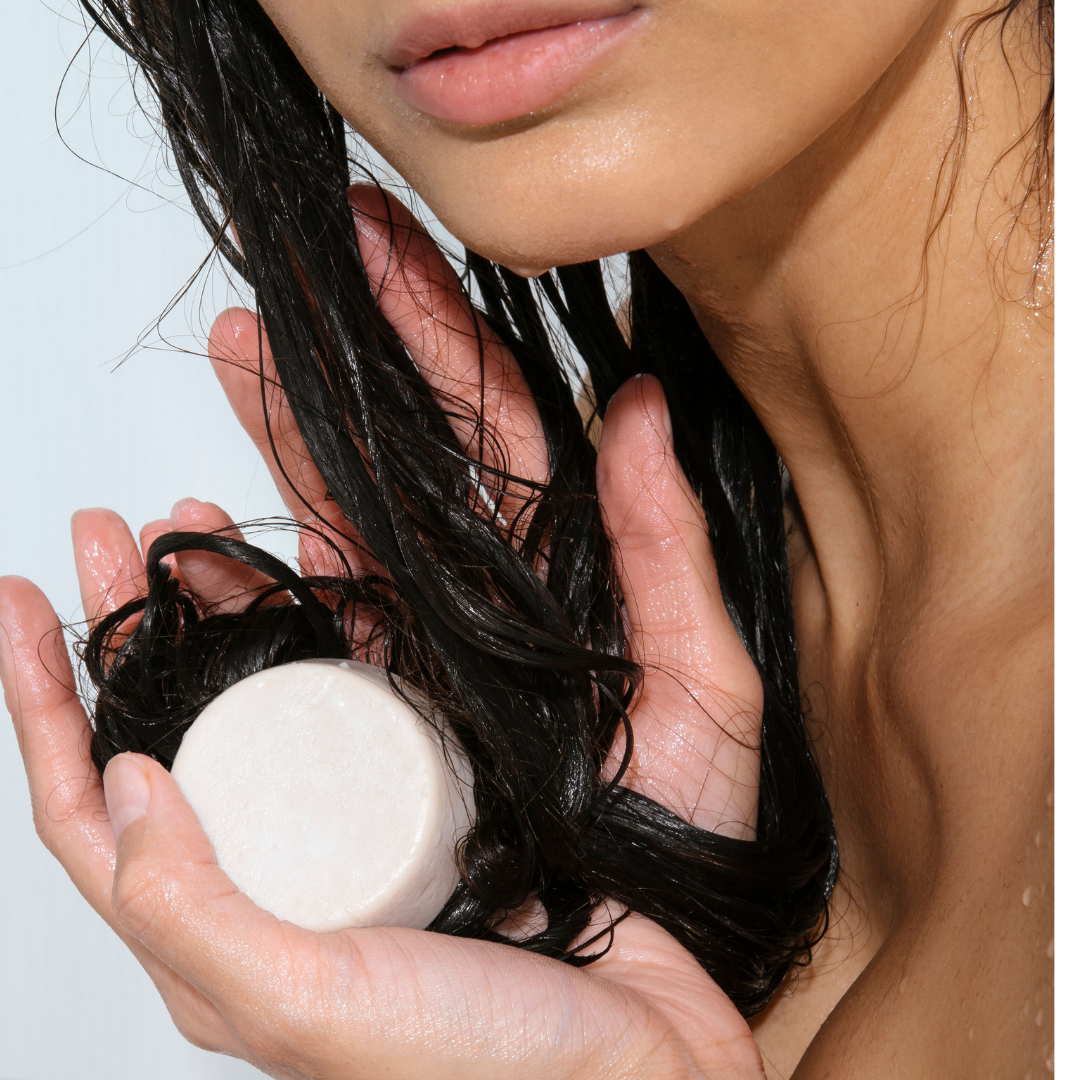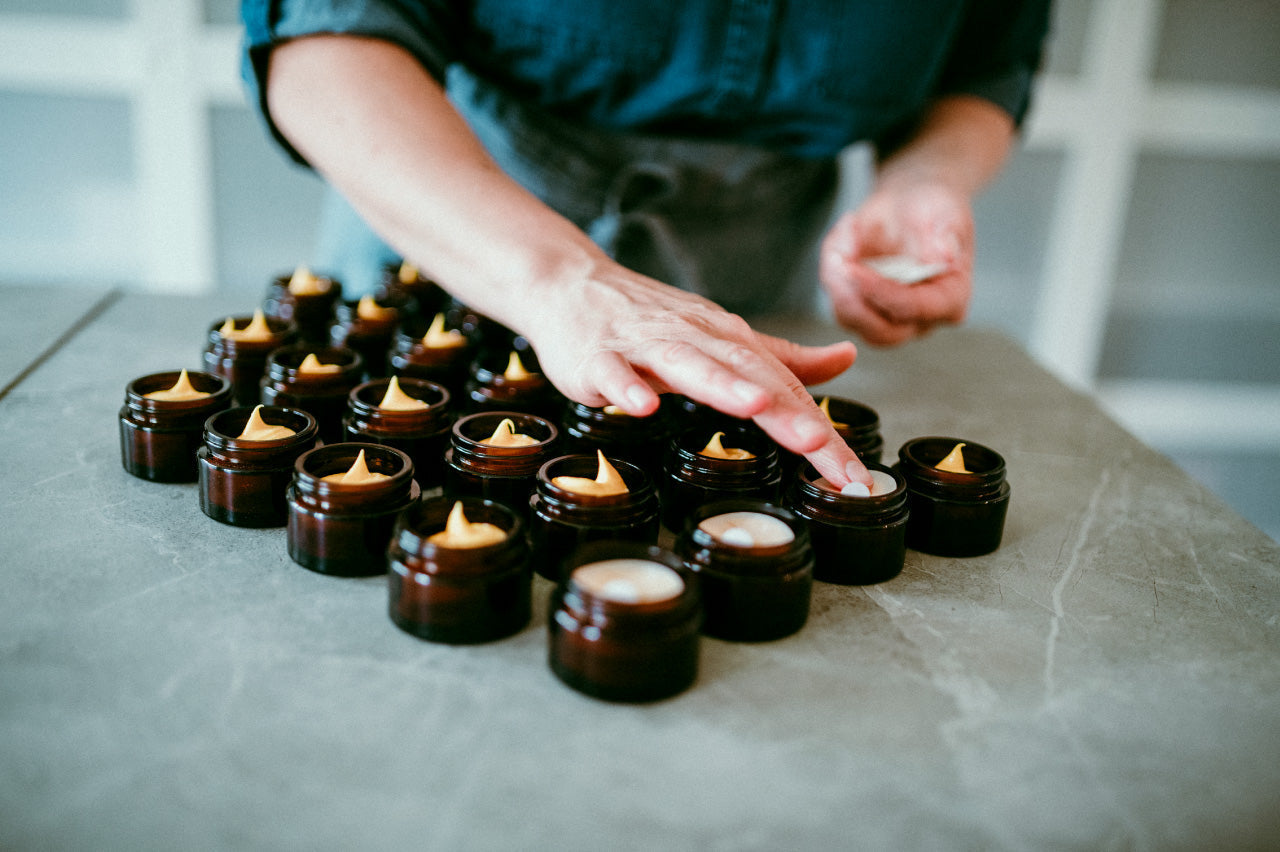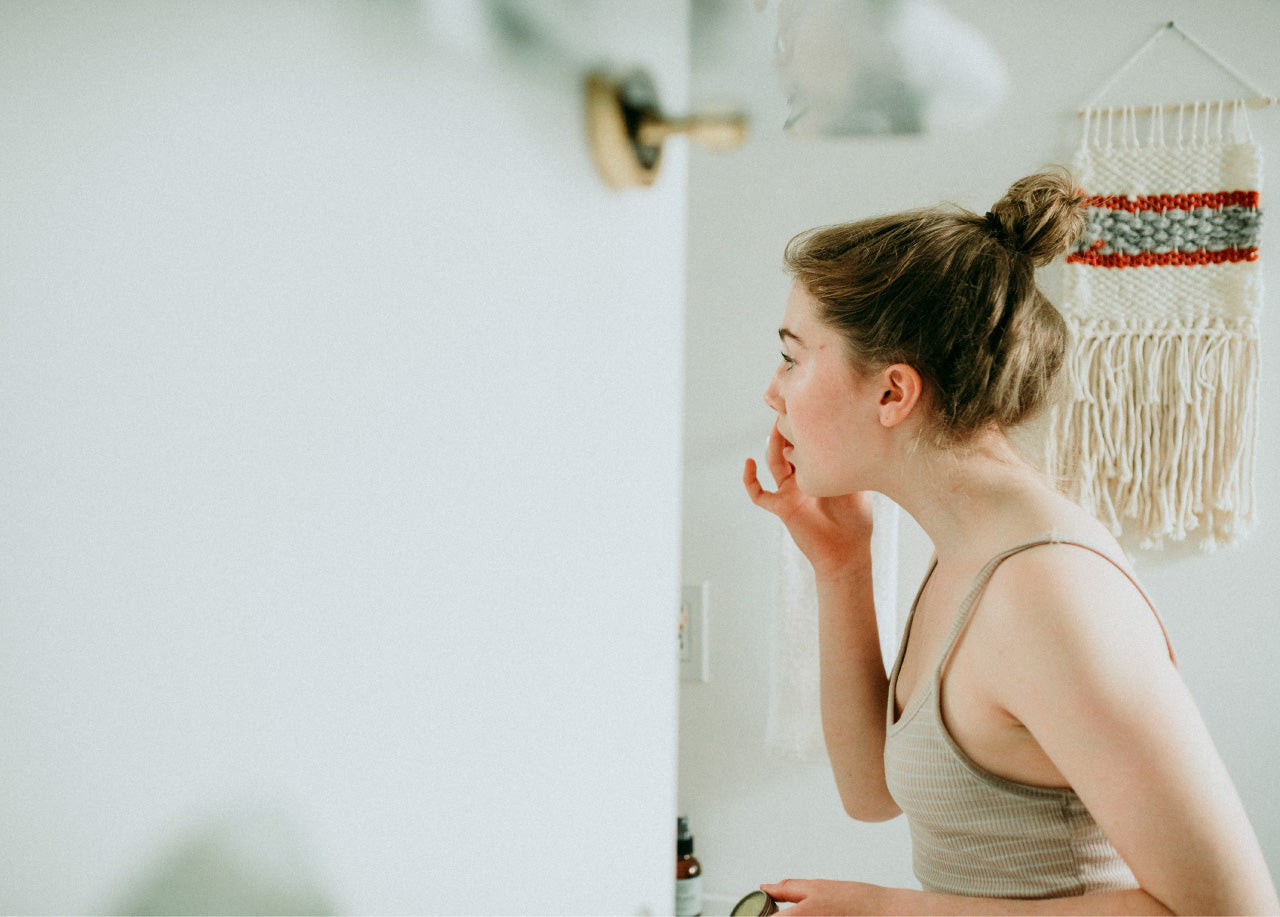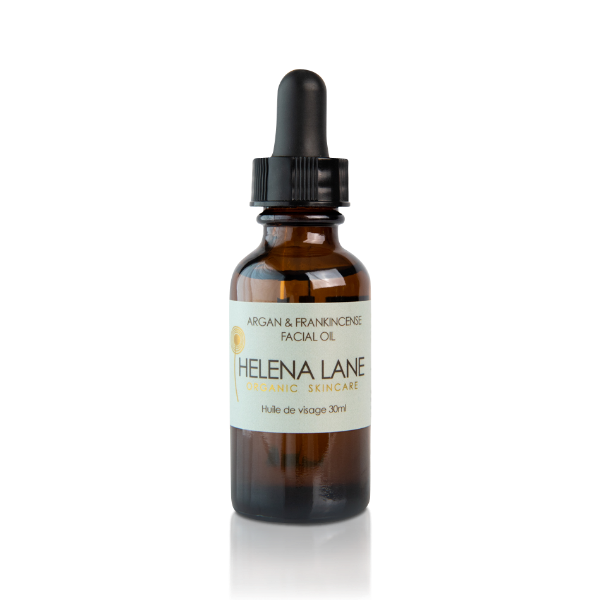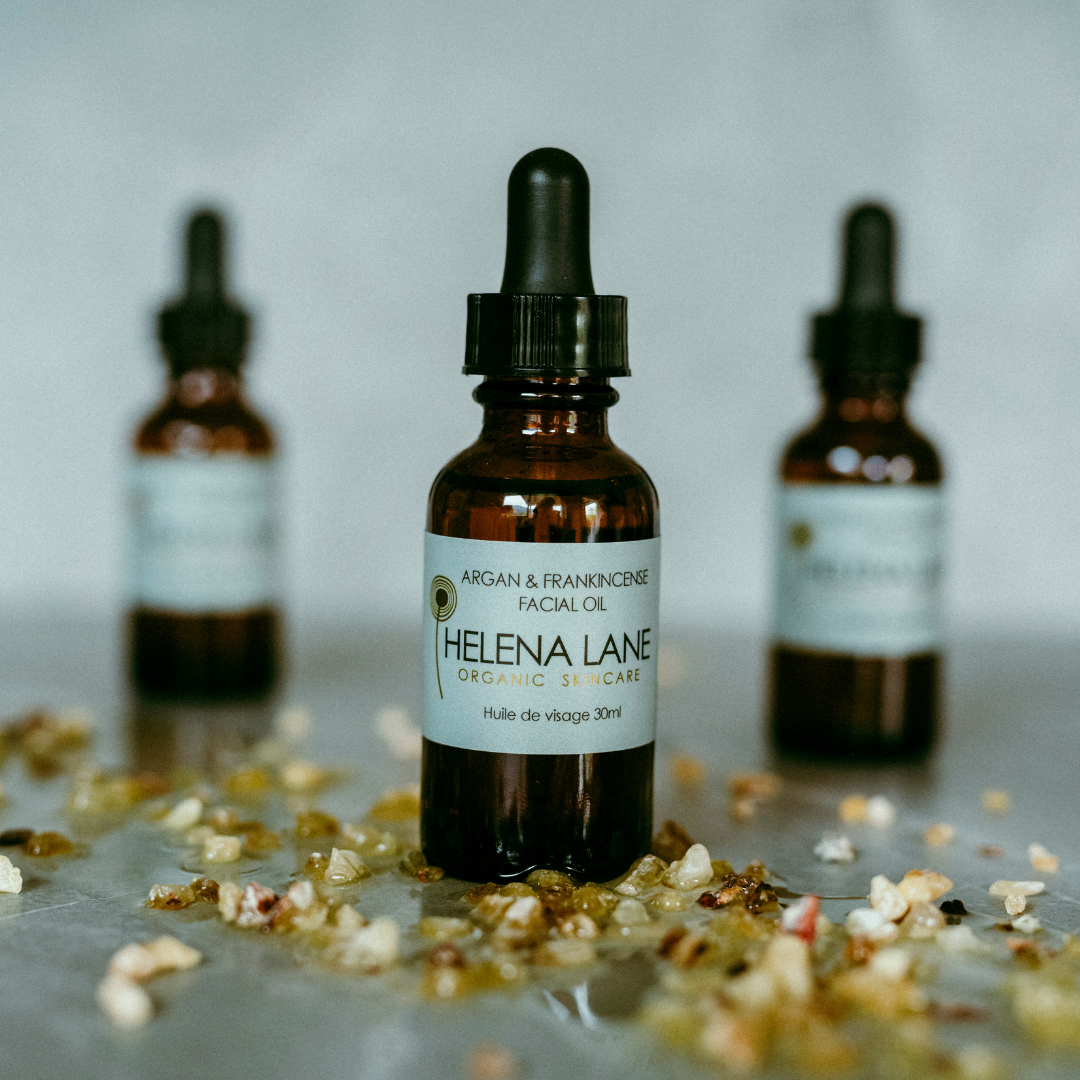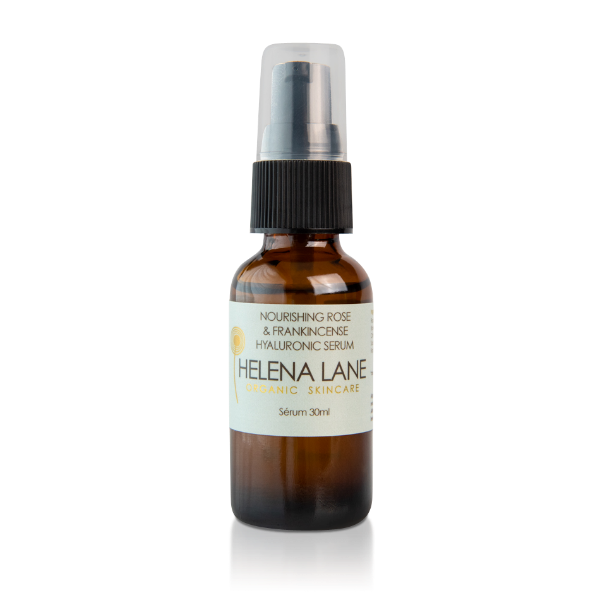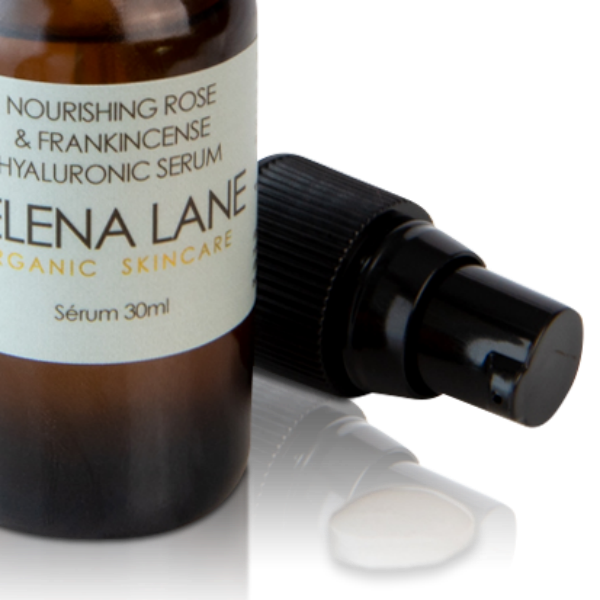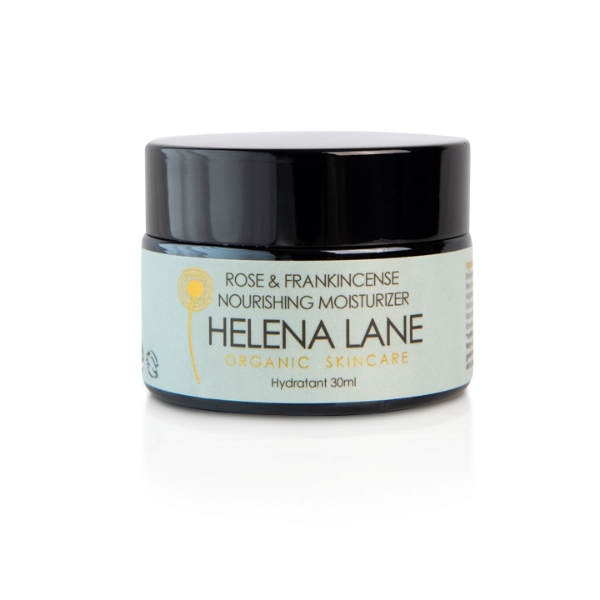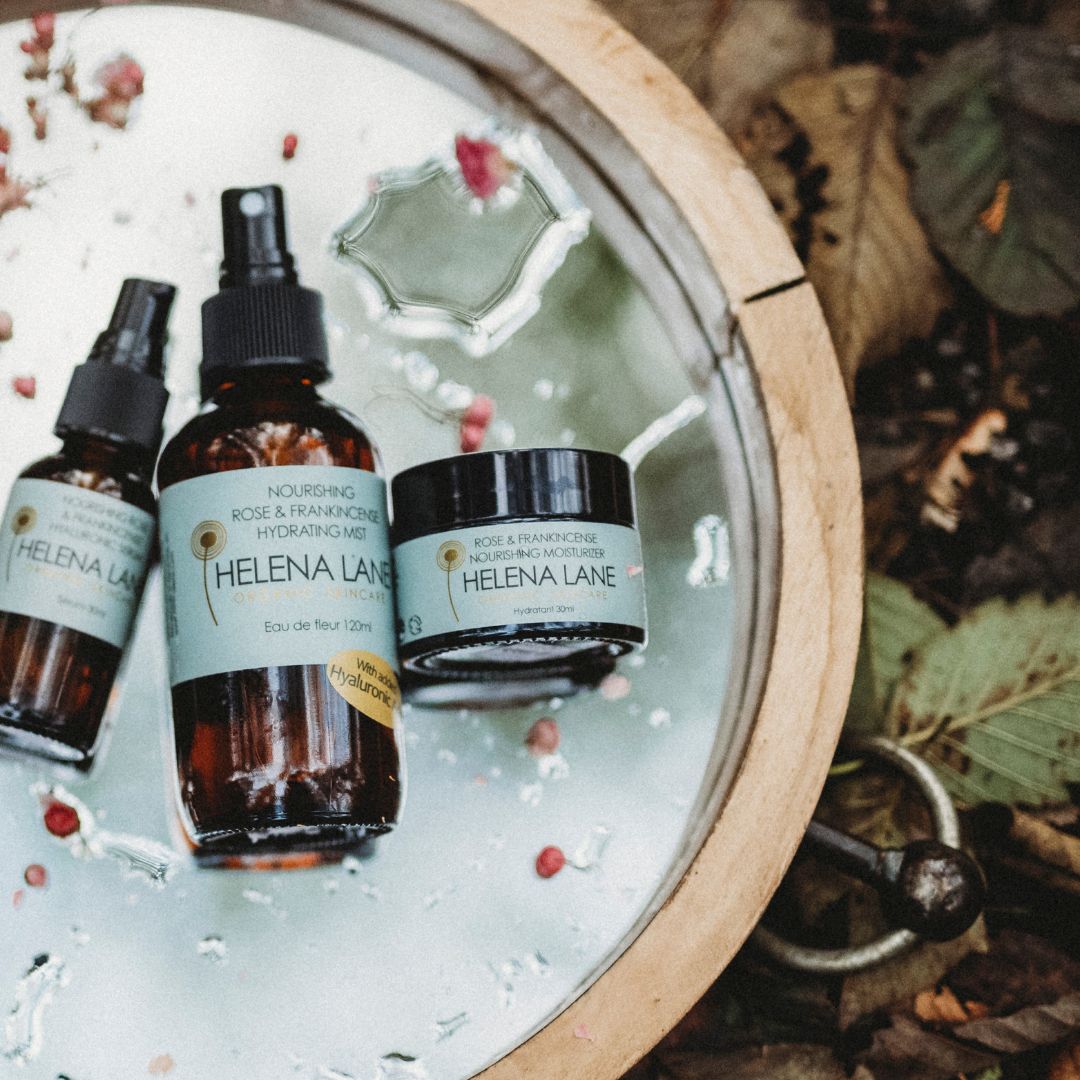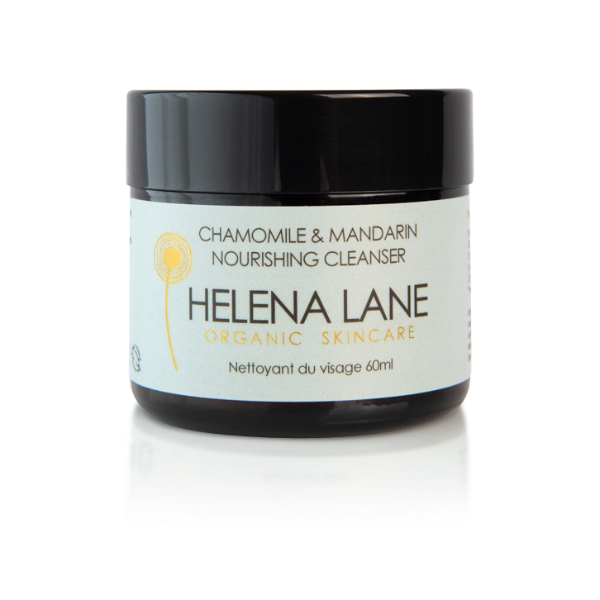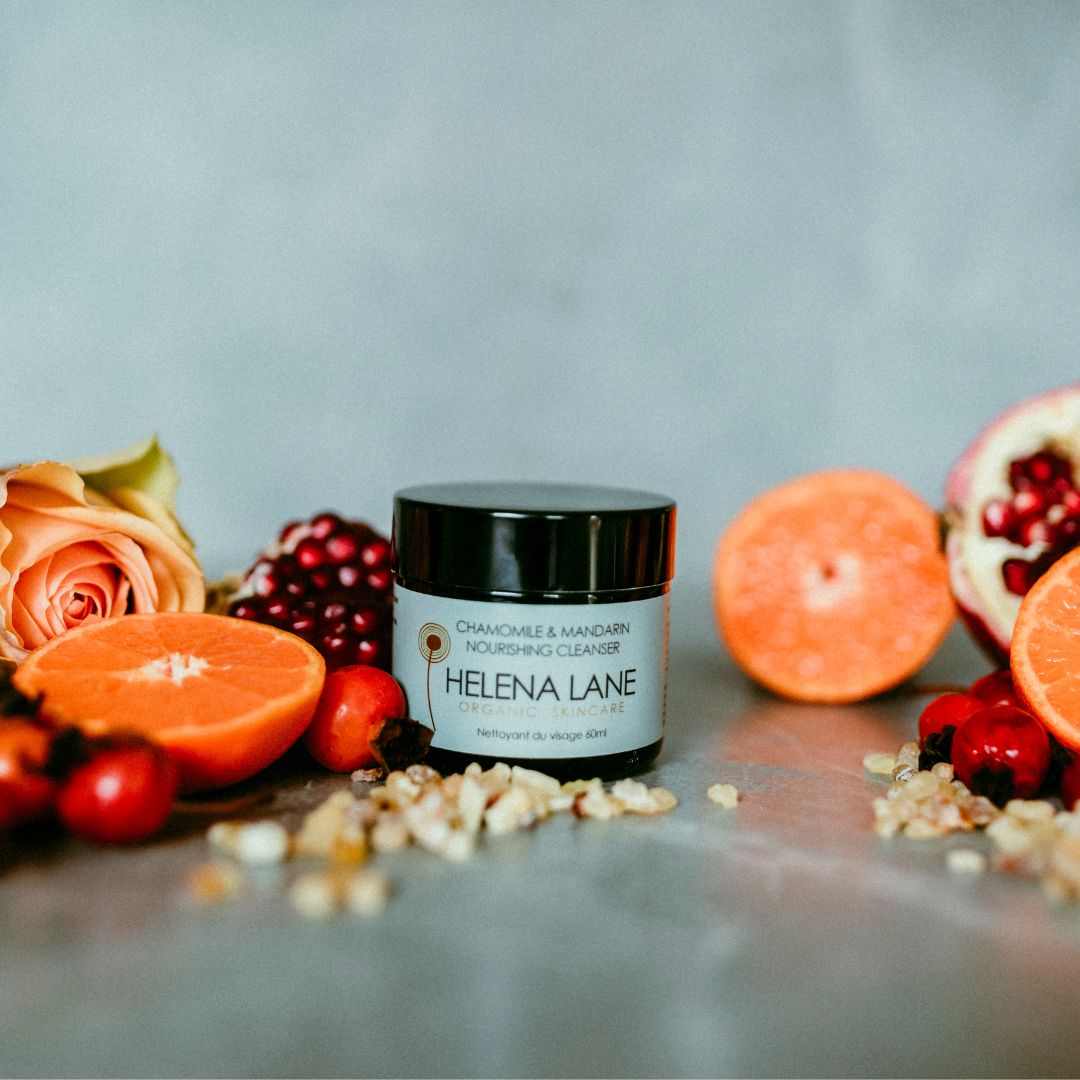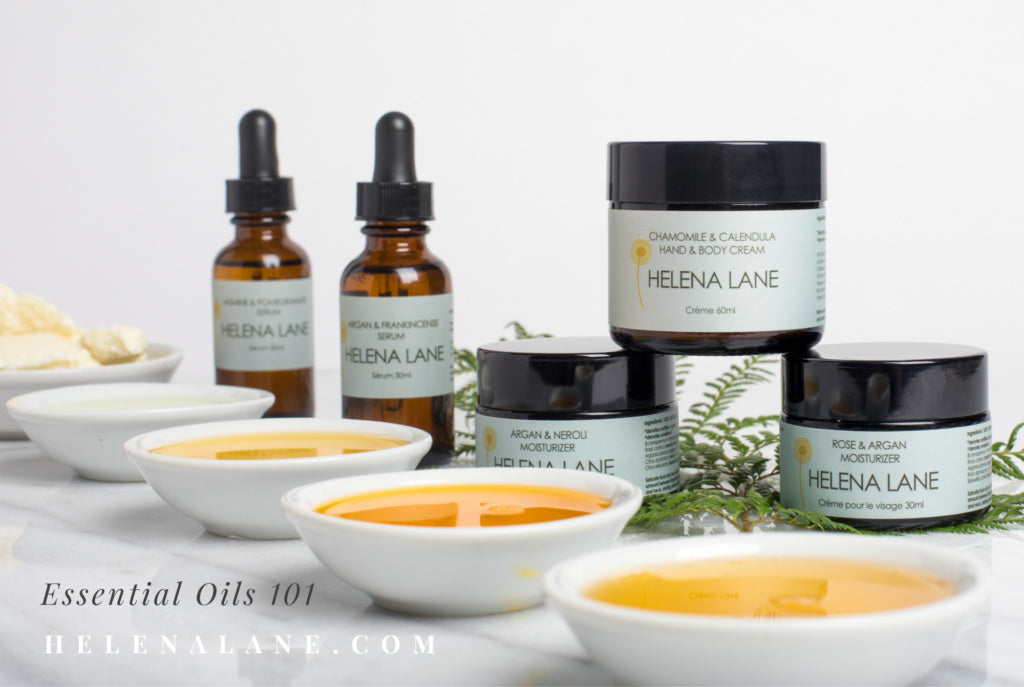
I have been using and experimenting with essential oils for over 25 years and I just couldn’t live without them now. The last few years have seen a huge growth in their popularity as more and more people experience their benefits.
The tiny bottles contain incredibly powerful properties and always should be respected and used with caution (seek advice if you are new to using them). But how do they work? How do they affect our emotions, our muscles, our skin?
First, what exactly is an essential oil?
Essential oils are volatile liquids (volatile meaning they evaporate at room temperature) made up of many different chemical compounds produced by plants. Plants produce these special oils for their own purposes such as protection from pests and disease, attracting pollinators, repairing damage and preventing water-loss. Different parts of the same plant will have different needs and therefore will produce different oils, made up of different combinations of the chemical compounds. Just as these volatile plant compounds are essential to plant health they can be beneficial to our health too.
Not to get too technical, but to give you a couple of examples of these chemical compounds: Ketones stimulate cell regeneration and repair, useful for both plants and us but they also happen to liquefy mucous, handy when we have a cold!
Alcohols are antiseptic, antiviral and antibacterial, as well as anti-inflammatory, useful in both plants and humans.
One use of terpenes is to repel pests and attract pollinating insects. In us they are warming and stimulating and also help to eliminate toxins from the liver and kidneys (detoxing). Some also have incredible anti-inflammatory properties.
Other volatile compounds are called phenols, esters, aldehydes and oxides.
We extract these volatiles from plants in a number of ways (I can tell you about this another time) and then there are 3 main ways we can use them. Inhalation, ingestion and transdermal (through the skin).
Inhalation is considered the fastest way to feel the effect of an essential oil. The volatile compounds use our olfactory nerves and system to travel directly to the brain. Inhalation is often considered the best method for emotional or brain-based issues such as anxiety or concentration issues. The ester linalyl acetate, found in bergamot and lavender is known to be highly calming and relaxing, and the oxide cineol found in rosemary has been shown to aid memory and concentration. That doesn’t mean physical issues can’t be addressed with inhalation, nausea in pregnancy, headaches and many others can be helped too.
In some cultures, ingesting essential oils is part of their standard medical system and you are just as likely to leave the doctors with a prescription for an essential oil capsule as you are an antibiotic, but just like antibiotics and other pharmaceuticals don’t experiment at home with this. Not all essential oils are food-grade and not taken properly they can burn your gut or worse. Go and see a qualified professional.
Essential oils are used in all sorts of skin products; muscle balms, pain creams, as well as beauty products. When we apply a product containing essential oils these tiny compounds enter the skin via our pores, sweat glands and hair follicles and make their way to our cells where they exert their effects.
It could be an antibacterial alcohol, such as citronellol in lemon oil, fighting some acne causing bacteria. It could be the ketone jasmone, found in Jasmine, helping to stimulate new cell regeneration. Or the terpene chamazulene, found in chamomile, calming inflammation in eczema or dermatitis.
I think we are incredibly lucky to have harnessed these healing powers from plants in such a lovely and accessible way. Smells really do have the power to put a smile on our face (or make us grimace!), as well as having real benefits to the structure and function of our skin and bodies too. Next time you spritz a flower water or apply your moisturizer take an extra moment to smell and breathe deeply the aroma, as the beneficial effects are multiple.
